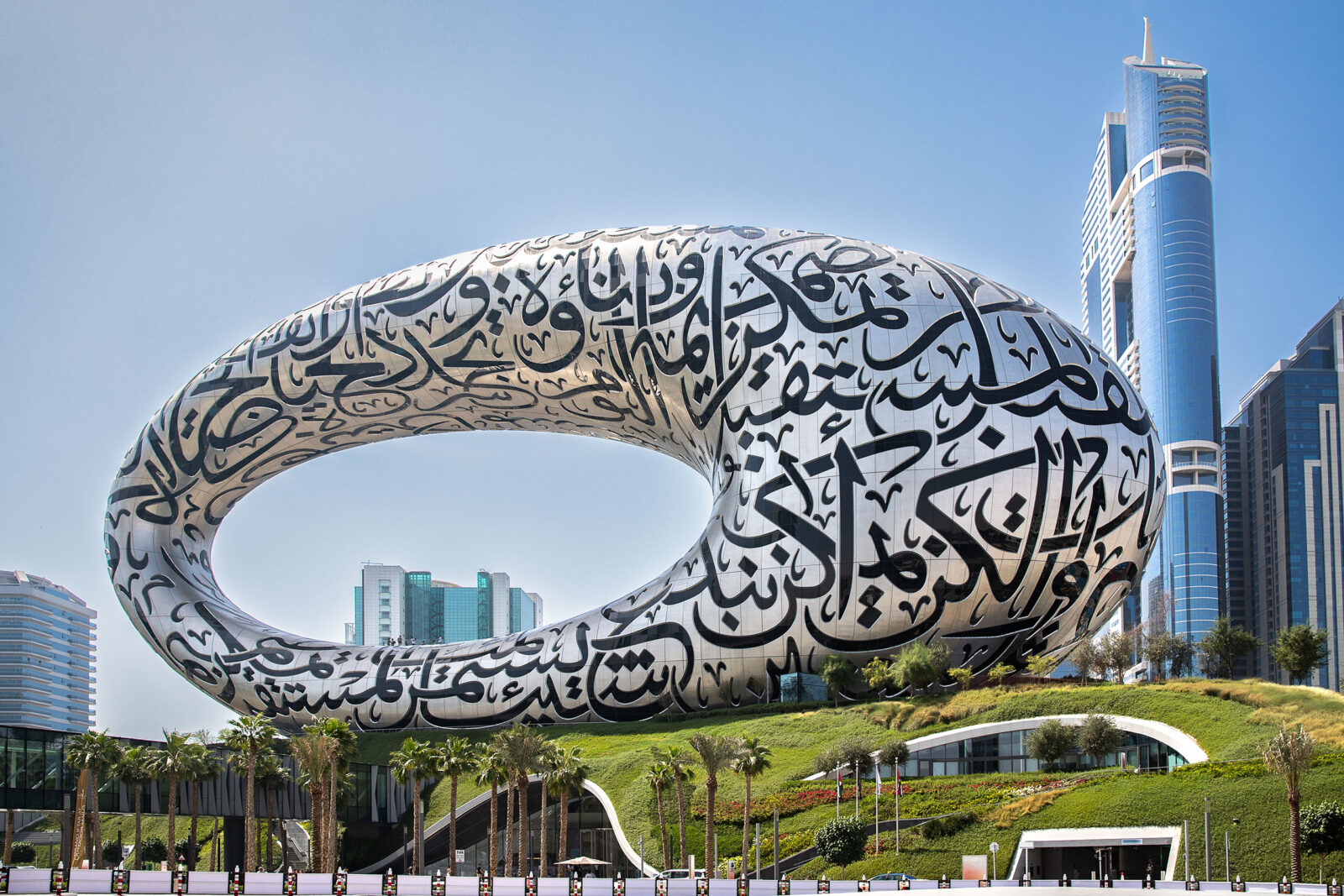Medical coding is an essential component of the healthcare industry, ensuring that medical records are accurately translated into codes for billing, insurance claims, and healthcare management. In the United Arab Emirates (UAE), the scope of medical coding has been growing steadily, driven by the expansion of the healthcare sector, advancements in technology, and the increasing need for accurate health data management.
This blog post explores the scope of medical coding in the UAE, highlighting its significance, the opportunities it presents, and the skills needed to thrive in this field.
The Significance of Medical Coding
Medical coding is the process of translating medical diagnoses, treatments, and procedures into standardized codes. These codes are used for various purposes, including insurance claims processing, medical billing, healthcare analytics, and regulatory compliance. Accurate coding ensures that healthcare providers are reimbursed appropriately and that health data can be used for research, quality improvement, and policy development.
In the UAE, the healthcare system has evolved significantly, with a focus on providing high-quality care and efficient services. Medical coding plays a pivotal role in achieving these goals by streamlining administrative processes, reducing errors, and ensuring compliance with international standards.
The Growing Healthcare Sector in the UAE
The UAE has witnessed significant growth in its healthcare sector over the past decade. Factors contributing to this growth include a rapidly expanding population, increased demand for healthcare services, and government initiatives aimed at improving healthcare infrastructure. As a result, the demand for medical coders has increased, offering new career opportunities for individuals interested in this field.
Dubai and Abu Dhabi, in particular, have emerged as major healthcare hubs, attracting top-tier healthcare providers and institutions. This growth has led to a surge in the need for skilled medical coders who can accurately translate medical information into codes, facilitating smooth operations and effective communication across the healthcare ecosystem.
Opportunities in Medical Coding
The scope of medical coding in the UAE offers a range of opportunities for professionals seeking careers in healthcare administration. Some of the key opportunities include:
- Medical Coding Specialist: Medical coders are responsible for assigning accurate codes to medical diagnoses and procedures. This role requires knowledge of coding systems like ICD-10 and CPT, as well as an understanding of medical terminology.
- Clinical Documentation Improvement (CDI) Specialist: CDI specialists work to ensure that clinical documentation accurately reflects the care provided to patients. They collaborate with healthcare providers to improve the quality of documentation, ultimately leading to better coding accuracy.
- Compliance and Auditing: Compliance professionals in medical coding ensure that healthcare organizations adhere to coding standards and regulations. Auditors review coding accuracy and provide feedback to improve processes.
- Revenue Cycle Management: Revenue cycle managers oversee the entire billing process, from patient registration to final payment. Medical coders play a critical role in ensuring accurate billing and preventing revenue leakage.
- Health Information Management (HIM) Professional: HIM professionals manage health records and data, ensuring compliance with regulations and facilitating data analysis. Medical coders are an integral part of HIM teams.
Skills and Certifications Required
To pursue a career in medical coding in the UAE, certain skills and certifications are essential:
- Attention to Detail: Medical coders must have a keen eye for detail to ensure accurate coding and billing.
- Medical Terminology: A solid understanding of medical terminology is crucial for translating diagnoses and procedures into codes.
- Coding Certifications: Certifications like Certified Professional Coder (CPC) or Certified Coding Specialist (CCS) are highly valued in the UAE. These certifications demonstrate expertise and enhance career prospects.
- Knowledge of Coding Systems: Familiarity with coding systems like ICD-10, CPT, and HCPCS is required to excel in medical coding.
- Analytical Skills: Medical coders must be able to analyze clinical documentation and apply the appropriate codes.
Conclusion
The scope of medical coding in the UAE is expansive and continues to grow as the healthcare sector develops. With a rising demand for healthcare services, there are ample opportunities for skilled medical coders in various roles, including coding specialists, compliance auditors, and revenue cycle managers. By acquiring the necessary skills, certifications, and knowledge, individuals can build successful careers in this dynamic field, contributing to the efficiency and effectiveness of the UAE’s healthcare system.

